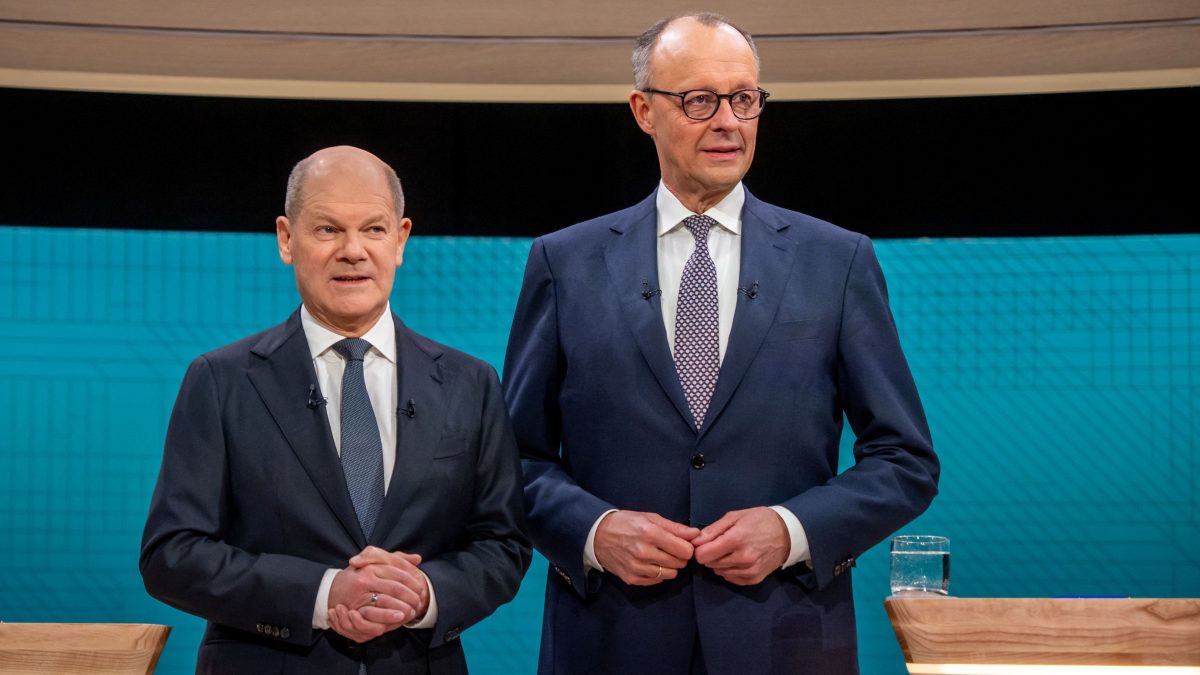German borrowing costs spiked Wednesday (March 5), marking the biggest one-day jump in 28 years, as investors anticipated increased government borrowing to fund a massive investment plan for the country’s military and infrastructure.
The yield on Germany’s benchmark 10-year Bund rose 0.25 percentage points to 2.73 per cent, the sharpest increase since 1997. The surge followed an agreement led by Chancellor-in-waiting Friedrich Merz that would largely exempt defence spending from Germany’s strict debt limits and create a €500 billion ($540 billion) special fund for infrastructure over the next decade.
“In view of the threats to our freedom and peace on our continent, ‘whatever it takes’ must now also apply to our defence,” Merz said Tuesday (March 4), invoking a phrase made famous by former European Central Bank President Mario Draghi during Europe’s sovereign debt crisis, Politico reported.
Merz’s centre-right Christian Democratic Union (CDU) and the centre-left Social Democrats (SPD) backed the plan, which still requires parliamentary approval later this month. Merz and outgoing Chancellor Olaf Scholz must also secure support from the Greens, which analysts expect to happen.
Economists at Goldman Sachs estimated the spending package could lift German economic growth to 2 per cent next year, up from a current forecast of 0.8 per cent, if quickly implemented, according to Financial Times .
The agreement signals a major shift in Germany’s long-standing fiscal policy, which has prioritised debt reduction since the global financial crisis. While analysts await further details, many view the plan as a potential turning point for Europe’s largest economy.
Impact Shorts
More ShortsConcerns remain, however. Friedrich Heinemann, an economist at the Mannheim-based ZEW think tank, warned the CDU-SPD deal would allow Germany to finance debt equivalent to 4 per cent of gross domestic product at any time.
“This would quickly put Germany among the highly indebted countries of the EU, and the debt-to-GDP ratio will reach 100 per cent as early as 2034,” Heinemann said.
)